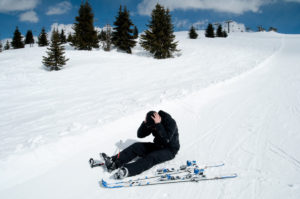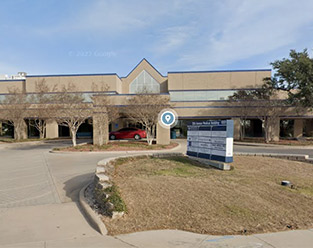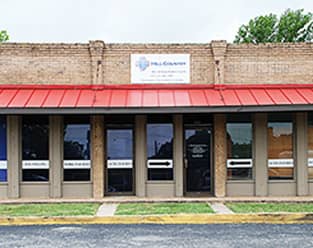Steps You Can Take to Avoid a Concussion or Other Traumatic Brain Injury
 Winter is here and while for many, it’s a time spent mostly indoors, many of us look forward to having some fun in the snow. Maybe you’re heading up in the mountains or you have a ski trip planned to one of the many resorts up north. You won’t be alone. Statistics show that nearly 60 million people visit the nation’s ski areas every winter.
Winter is here and while for many, it’s a time spent mostly indoors, many of us look forward to having some fun in the snow. Maybe you’re heading up in the mountains or you have a ski trip planned to one of the many resorts up north. You won’t be alone. Statistics show that nearly 60 million people visit the nation’s ski areas every winter.
But skiing and other winter sports can put you at risk for a concussion or other traumatic brain injury. Studies show that TBIs are one of the most common type of injury suffered by professional and amateur skiers, snowboarders and ice skaters. There are, however, measures that you can take to minimize the risk of injury while participating in winter sports:
- Get some instruction before you start—A 2010 study from the University of Utah found that technique is often the most important factor in minimizing risk of injury. Learn some of the basic concepts of skiing before you get on a chair lift. Know how to stop, how to turn, and how to manage your speed. The same applies for snowboarding and skating. Many head injuries happen when beginners suddenly have to stop or turn, and don’t know how to safely do so.
- Start slowly—Don’t being your day (or your skiing career) at a double black diamond hill. There’s no embarrassment at starting on the bunny slope. Take some time to get your ski legs under you, and then work your way up gradually. After a couple successful runs on the beginner hill, it’s okay to challenge yourself a little. Before you do, though, make certain you know how to stop, turn and slow down. Many head injuries are suffered in collisions with other skiers.
- Keep your eyes open and moving—You won’t be on the slope by yourself. You’ll likely have many other skiers around you, all with different levels of experience, all traveling at different rates of speed. By paying attention to your surroundings, you’ll know when another skier is headed in your direction, or when you need to change your path to avoid someone in front of you.
- Wear a helmet—Although a helmet won’t guarantee that you won’t suffer a traumatic brain injury or concussion, it can still be pretty effective when you are traveling at slower speeds
Contact Us to Set Up an Appointment
At Advantage Healthcare Systems, we have extensive experience working successfully with individuals who suffer any type of concussion, TBI or traumatic brain injury. Call us toll-free at 1-877-487-8289 or fill out the form provided below to schedule an assessment. We offer locations across Texas, including Fort Worth, Dallas and San Antonio.





